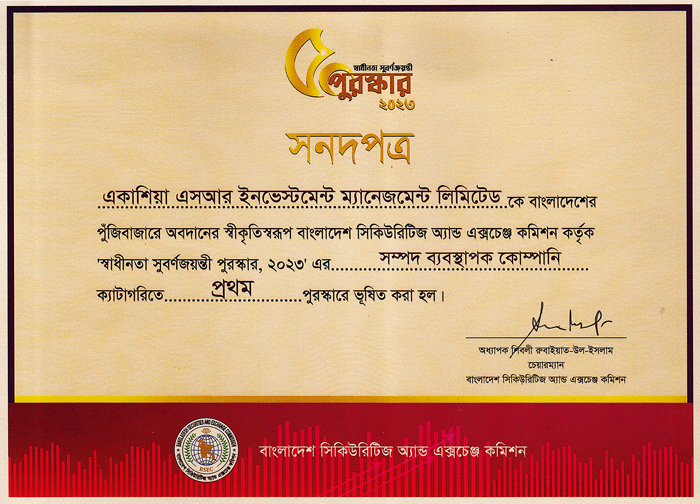Our Philosophy
Self-criticism and our ability to change in response is an attribute unique to humans. In order to contextualize our investing philosophy, we thought to start with the following self-critical question: are we as a nation on the right path to growth? Few today will question the remarkable success with which Bangladesh has transformed itself from an “international basket case” to somewhat of a role model for developing economies, and all in the span of four decades. As measured through GDP, GNI, balance of payments and other dollars- and cents-based traditional economic metrics, Bangladesh’s growth trajectory has been a stable upward one. And as espoused by India’s own Nobel laureate economist, Dr. Amartya Sen, Bangladesh’s performance on various social indicators such as gender equity, mortality rate, immunization etc. have been impressive, even better than neighboring India with GDP per capita twice that of Bangladesh.
However, In the rush to send our citizens to remote foreign climes in search of remittance dollars, we not only failed to account for the safety and wellbeing of the worker himself, but as a nation we did not anticipate the long-term negative social impact of families left behind without husbands, fathers and mothers. In our drive to become the manufacturing hub to the world for ready-made garments, we did not safeguard against the occupational hazards and environmental impact of the industry. The long-term costs of such endeavors – to society, to the environment, to humanity – are real but these costs are neither measured nor accounted for. So we continue to stumble….from the Rana Plaza disaster to the epidemic of kidney disease to the alarming rise in teenage suicides of children of expat Bangladeshis. We stumble, in the words of Prince Charles “…from one bewildering environmental and social challenge to another.”
At ACACIA, we strive to be a force that helps to shifts our goal of development from conventional economic growth to responsible growth – incorporating in our economic priorities a broader set of social, environmental and well-being factors. While the change has begun in the large industrial sectors such as ship-breaking, tannery and ready-made garment sectors, in the MSME sector of Bangladesh, social responsibility driven investment remains elusive. Driven by the “small is good” mantra, traditional financial inclusion paradigm automatically assumes that all MSMEs are worth promoting. But what is achieved by bringing into the financial net a small enterprise that grows fruit but uses harmful chemicals in the process? Providing access to finance to such an MSME may generate employment, alleviate poverty, and create economic self-sufficiency for the entrepreneur, but it also leaves in its wake damaged kidneys and destroyed lives. Clearly then, we need a more selective approach to MSME financial inclusion: those MSMEs that engage in socially responsible behavior should be facilitated, those that do not should be induced to change, and those that cannot should be excluded.
In this effort, ACACIA provides research and analytics, indexing, impact investee sourcing, impact measurement & impact portfolio management services to asset managers, alternative lenders, think tanks and associations. In addition, ACACIA leverages its extensive networks in global financial hubs to market financial and social impact opportunities in Bangladesh to investors and channel impact investment to Bangladesh.




